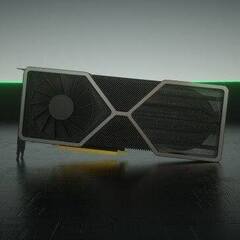NEED HELP IN ANALYZING PC PERFORMANCE
-
Topics
-
remo233 ·
Posted in CPUs, Motherboards, and Memory4 -
RTX 3090 ·
Posted in Programs, Apps and Websites1 -
7
-
6
-
porina ·
Posted in New Builds and Planning16 -
Rothinsky ·
Posted in Troubleshooting2 -
skayqz ·
Posted in Graphics Cards7 -
0
-
3
-
Ricodotsh ·
Posted in New Builds and Planning15
-


.png.255947720031a641abdac78e663b681c.png)
















Create an account or sign in to comment
You need to be a member in order to leave a comment
Create an account
Sign up for a new account in our community. It's easy!
Register a new accountSign in
Already have an account? Sign in here.
Sign In Now